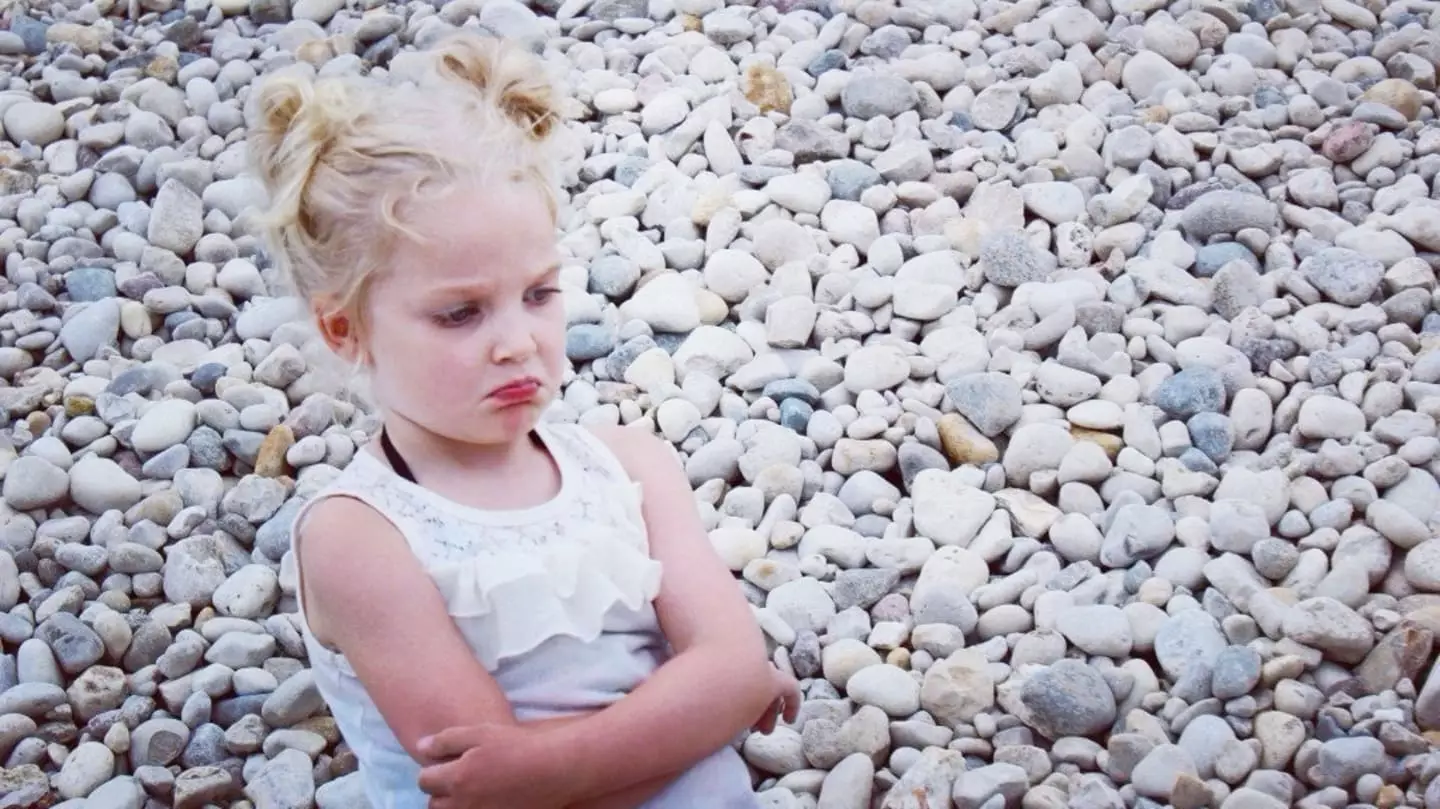In the complex landscape of parenting, societal messages often overshadow our personal beliefs and instincts about our children. From the moment they enter our lives as infants, children are celebrated as blessings—wrapped in love and innocence. However, as they grow, a shift occurs. The narrative surrounding their development morphs from admiration to apprehension, loading parents with a heavy burden of expectations and fears. The pervasive notion that children will inevitably morph into unruly, manipulative creatures infiltrates conversations around toddler and adolescent behavior, casting a long shadow over the joy of parenting.
From Cherubs to Challengers: The Cultural Shift
At the outset, every milestone is met with joy and celebration. Parents eagerly recount the sweetness of their neophyte baby’s first coos and wobbly steps. These moments are punctuated by the thrill of discovery, and each accomplishment is a reminder of the miracle of life. However, the tone shifts abruptly as children transition into the tumultuous stages of development. Whispers of the “terrible twos” and warnings about the impending chaos of the teenage years permeate conversations among parents, often becoming a haunting refrain.
These warnings reinforce a narrative that casts children as adversaries, as if their natural explorative instincts are inherently troublesome. When peers warn about behavior issues and rebellious phases, it creates a pervasive anticipation of conflict, nudging parents to brace for the worst. Thus, the positive outlook we once cherished is clouded by a fixated view of delinquency and authority testing. This cultural conditioning not only influences how parents perceive their children but also colors the interactions that form the foundation of their relationships.
The Danger of Labeled Behaviors
When children are primarily viewed through the prism of their behavior, parents inadvertently contribute to a distorted self-perception in their offspring. Instead of celebrating the complex emotional beings that children are, parents may fall into the trap of defining them by isolated actions or moments. A single tantrum or disobedience may lead to a parent labeling their child as “bad,” neglecting the underlying context and emotions that fuel such behavior. If children internalize this negative feedback, they may begin to associate their self-worth with their behavior, resulting in a cycle of self-doubt and rebellion.
It’s essential to recognize that a child’s actions are often expressions of underlying feelings—fear, frustration, confusion—rather than outright defiance or manipulation. It is within this framework that parents can significantly impact a child’s self-esteem. When parents approach “bad” behavior with empathy rather than reprimand, they help nurture resilience and a healthier self-image. Encouraging children to express their emotions opens up a channel of communication that fosters understanding and respect, paving the way for emotional growth.
The concept of being a “light reflector” is crucial for positive parenting. This term suggests that parents actively seek and acknowledge the innate goodness and potential within their children. When a parent views their child through a lens of positivity, recognizing their capability to learn and grow, they instill a sense of worthiness in their child. It’s a reciprocal process; children absorb the perceptions of their parents, often mirroring the beliefs held about them. When a child sees their light reflected back from their parent, they are more likely to embrace that positivity and strive to embody it.
To effectively be a light reflector, parents must consciously shift their mindset. Instead of framing behavior issues as tests of authority, they can look for the potential hidden within. When a child lashes out, interpreting this through a lens of curiosity can transform the ensuing dialogue. Rather than immediately admonishing poor behavior, asking questions about their feelings can foster emotional intelligence. “I noticed you’re upset; do you want to talk about it?” redirects the focus from negative labeling to understanding and connection.
Parents who cultivate an environment of understanding, empathy, and positivity foster children who feel secure in their identities. By seeing their children as complex individuals instead of mere behavioral problems, parents strengthen emotional bonds that transcend conflicts. Teaching children to articulate their feelings and empathetically respond to them leads to better emotional regulation and behavioral outcomes.
Moreover, it’s essential for parents to become aware of their own emotional responses. The way parents react to their child’s behavior, especially unfavorable, can create a cycle of negativity that deepens the divide between them. By striving to understand and reflect upon their child’s inner light, parents not only nurture their child’s spirit but also create a more harmonious home environment.
The journey of parenting demands a conscious effort to reshape our perceptions. By challenging societal narratives and embracing the beauty of our children as multifaceted individuals, we empower them to grow into their best selves, illuminating the path for their futures. The act of reflecting light back to our children can redefine their experience, fostering a deeper emotional connection and a stronger sense of self-worth. Embracing this journey is indeed a transformative experience, both for the parent and the child.

